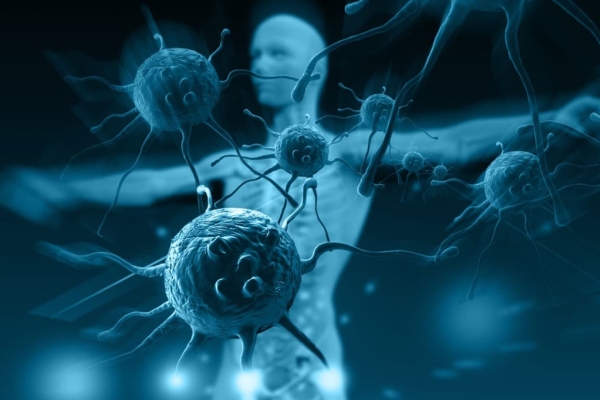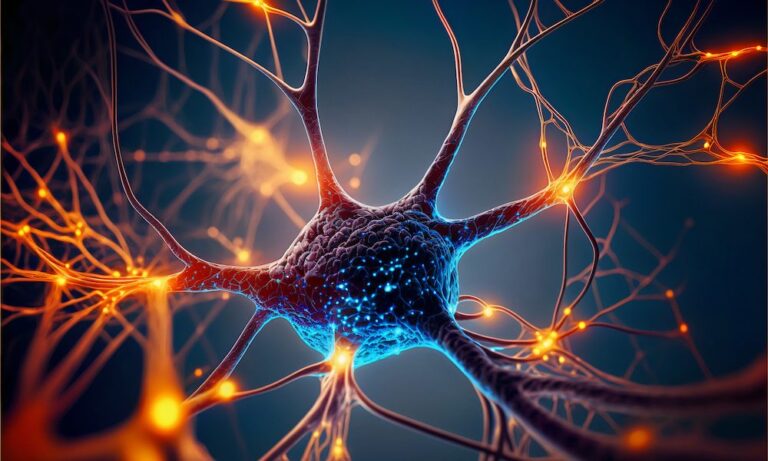
The gut microbiome is a delicate ecosystem, home to trillions of bacteria that influence nearly every aspect of health. When balanced, these microbes support digestion, regulate the immune system, and even impact mental well-being. However, when this balance is disrupted—a condition known as dysbiosis—it can trigger a cascade of digestive distress and immune dysfunction.
Dysbiosis occurs when harmful bacteria, fungi, or other microbes outnumber beneficial ones, creating an environment where pathogens thrive. This imbalance may result from poor diet, chronic stress, antibiotic overuse, or environmental toxins. While the symptoms can range from bloating and indigestion to frequent infections and inflammation, the true danger of dysbiosis lies in its ability to compromise both digestion and immune resilience.
Understanding how dysbiosis affects these essential systems is the first step toward reclaiming gut health. By addressing the root causes and adopting strategies to restore microbial harmony, individuals can regain optimal digestive function and strengthen their immune defenses.
The Role of Gut Bacteria in Digestion
The gut microbiome is an intricate network of bacteria, fungi, and other microorganisms that play a direct role in breaking down food and absorbing nutrients. Beneficial bacteria help:
- Ferment dietary fiber, producing short-chain fatty acids (SCFAs) like butyrate that nourish gut cells.
- Synthesize essential vitamins, such as B vitamins and vitamin K, necessary for energy metabolism and blood clotting.
- Aid in enzymatic breakdown, ensuring proteins, fats, and carbohydrates are efficiently digested.
Approximately 70% of the immune system resides in the gut, where microbes act as mediators between the external world and internal defenses. Beneficial bacteria train immune cells to distinguish between harmful invaders and harmless substances, preventing unnecessary immune responses that could lead to allergies or autoimmune disorders.
However, when dysbiosis occurs, the immune system may become overactive or under-responsive, leading to increased susceptibility to infections, chronic inflammation, and immune dysregulation.
The Link Between Dysbiosis and Digestive Dysfunction

A well-functioning digestive system relies on beneficial bacteria to support enzymatic activity, regulate gut motility, and maintain the integrity of the intestinal lining. However, when harmful bacteria or yeast overtake beneficial microbes, it can lead to malabsorption, inflammation, and heightened gut sensitivity. Understanding the intricate relationship between gut bacteria and digestive function can provide insight into why addressing dysbiosis is essential for overall health.
- Impaired Nutrient Absorption. Dysbiosis can hinder the absorption of essential nutrients, leading to deficiencies in key vitamins and minerals. A disrupted microbiome reduces the production of digestive enzymes, making it difficult to break down food properly, impairs bile metabolism, which affects fat digestion and absorption of fat-soluble vitamins (A, D, E, K), alters the gut lining, and prevents the efficient uptake of iron, calcium, and magnesium.
- Increased Gas, Bloating, and Irritable Bowel Symptoms. An overgrowth of pathogenic bacteria can result in excessive fermentation of carbohydrates, producing excess gas and bloating. Conditions such as small intestinal bacterial overgrowth (SIBO) are closely linked to dysbiosis and may lead to symptoms such as chronic bloating and abdominal discomfort, alternating constipation and diarrhea, and food intolerances, particularly to fermentable carbohydrates (FODMAPs)
- Leaky Gut. Dysbiosis can damage the gut lining, increasing intestinal permeability—a condition often referred to as leaky gut syndrome. When the gut barrier is compromised, undigested food particles and toxins enter the bloodstream, triggering immune responses. Inflammation spreads beyond the gut, contributing to joint pain, brain fog, and even skin conditions like eczema. Also, the risk of developing autoimmune conditions increases due to chronic immune system activation.
How Dysbiosis Weakens the Immune System
Dysbiosis disrupts the delicate communication between gut bacteria and immune cells, often triggering an overactive or suppressed immune response. This imbalance can lead to chronic inflammation, making the body more vulnerable to autoimmune conditions, frequent illnesses, and prolonged recovery times. Understanding the profound connection between gut health and immune function is essential for preventing disease and maintaining long-term well-being.
- Chronic Inflammation and Immune Dysregulation. A balanced microbiome helps regulate inflammation, but dysbiosis can lead to an overproduction of pro-inflammatory cytokines. Chronic, low-grade inflammation weakens immune function and contributes to:
- Frequent infections, as the body struggles to mount an effective immune response.
- Autoimmune diseases, where the immune system mistakenly attacks healthy tissues.
- Allergies and hypersensitivities, due to improper immune regulation.
- Reduced Production of Antimicrobial Peptides. Beneficial gut bacteria produce antimicrobial peptides that help fight off harmful pathogens. When dysbiosis takes hold, the production of these natural defenses decreases, making it easier for opportunistic infections—such as Candida overgrowth or Clostridium difficile—to take hold.
- Compromised Gut-Immune Communication. The gut microbiome sends constant signals to immune cells, helping them identify and respond to threats. Dysbiosis disrupts this communication, leading to a sluggish immune response to infections, increased susceptibility to viral and bacterial illnesses, and prolonged recovery times from colds, flu, and other common ailments.
Common Causes of Dysbiosis
Dysbiosis can stem from a variety of factors that disrupt the delicate balance of the gut microbiome. While the gut is naturally resilient, certain lifestyle choices and environmental influences can tip the scales in favor of harmful bacteria, leading to long-term health consequences. Understanding the common triggers of dysbiosis is the first step toward restoring balance and preventing chronic digestive and immune-related issues.
- Antibiotic Overuse. While antibiotics are life-saving medications, they also indiscriminately kill beneficial bacteria, allowing harmful microbes to take over. Repeated or prolonged antibiotic use can drastically alter gut flora, leading to long-term dysbiosis.
- Poor Dietary Choices. A diet high in processed foods, refined sugars, and artificial additives can feed harmful bacteria while starving beneficial microbes. The overconsumption of inflammatory foods—such as industrial seed oils and excessive alcohol—exacerbates gut imbalances.
- Chronic Stress and Sleep Deprivation. The gut and brain are intricately connected. Chronic stress raises cortisol levels, which alters gut permeability and disrupts microbial balance. Poor sleep further exacerbates this issue by weakening the body’s ability to regulate immune function and digestion.
- Environmental Toxins and Chemicals. Exposure to pesticides, heavy metals, and pollutants can negatively impact gut bacteria. Many everyday household products—such as antibacterial soaps and chemical-laden personal care items—contain ingredients that may disturb microbiome integrity.
Strategies for Healing Dysbiosis
Addressing the root causes of dysbiosis, such as poor diet, stress, and environmental toxins, is essential for long-term recovery. Implementing a gut-friendly approach not only alleviates symptoms but also strengthens the foundation for lasting digestive and immune health. Below are key strategies to help restore balance and promote microbial harmony in the gut.
- Nourish Beneficial Bacteria with Prebiotics and Probiotics. Prebiotic-rich foods (garlic, onions, leeks, asparagus) feed good bacteria, promoting microbial diversity. Probiotics found in fermented foods (kimchi, sauerkraut, yogurt) and supplements help reintroduce beneficial strains into the gut.
- Reduce Inflammatory Foods. Eliminating processed sugar, artificial sweeteners, and industrial oils can help reduce harmful bacterial overgrowth and inflammation.
- Support the Gut Lining with Bone Broth and Collagen. A damaged gut lining can be repaired by consuming collagen-rich foods, bone broth, and amino acids such as L-glutamine, which support intestinal barrier function.
- Manage Stress and Improve Sleep Hygiene. Practicing mindfulness, meditation, and ensuring 7-9 hours of quality sleep per night can reduce cortisol levels and help maintain gut health.
- Consider Herbal and Natural Remedies. Certain herbs such as oregano oil, berberine, and garlic extract have antimicrobial properties that help rebalance gut bacteria when taken under professional guidance.





